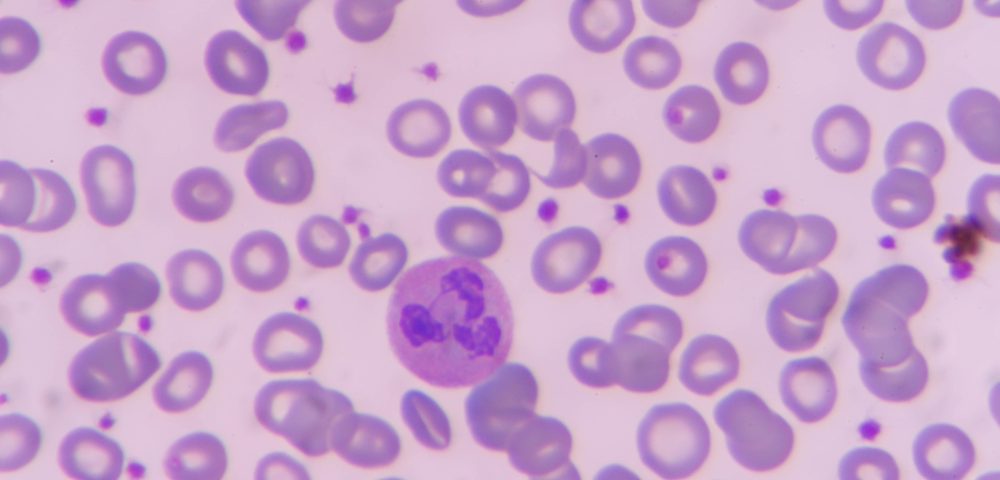Kite Pharma‘s lead CAR T-cell therapy axicabtagene ciloleucel may be a promising therapeutic approach for patients with refractory, aggressive non-Hodgkin lymphoma (NHL), according to primary data from the ZUMA-1 Phase 1/2 trial.
After a single infusion of axicabtagene ciloleucel (formerly known as KTE-C19), 82 percent of patients responded to the treatment, 54 percent of them completely. The study included one cohort of patients with diffuse large B-cell lymphoma, and another with transformed follicular lymphoma or primary mediastinal B-cell lymphoma patients.
Axicabtagene ciloleucel is a CAR (chimeric antigen receptor) T-cell therapy that removes the patient’s own T-cells and genetically engineers them to express a receptor that recognizes the CD19 protein, found at the surface of most lymphoma cells. Then, engineered cells are expanded in the lab and reinfused back into the patient’s bloodstream.
The Phase 1/2 ZUMA-1 study (NCT02348216) is an open-label, single-arm trial designed to assess the safety and effectiveness of KTE-C19 in 101 patients with refractory, aggressive NHL.
At six months, 41 percent of treated patients showed a response (36 percent of them completely, and 5 percent partially) One patient with partial response at month six achieved a complete response at month nine.
“These results with axicabtagene ciloleucel are exceptional and suggest that more than a third of patients with refractory aggressive NHL could potentially be cured after a single infusion of axicabtagene ciloleucel,” Jeff Wiezorek, MD, Kite’s senior vice-president of clinical development, said in a news release.
After a median follow-up of 8.7 months, at the time of data cutoff, median overall survival had not yet been reached. In a similar patient population, included in the SCHOLAR-1 study, median overall survival was estimated at 6.6 months.
“We know as clinicians that patients with aggressive lymphoma who do not respond to their previous treatments have a very poor prognosis. In fact, we know from the SCHOLAR-1 study, these patients have only an 8 percent chance of achieving a complete response with current therapies,” said Frederick L. Locke, MD, ZUMA-1 co-lead investigator, and research director at Moffitt Cancer Center’s Immune Cell Therapy Program in Tampa, Florida.
“Several patients we treated at Moffitt Cancer Center experienced a rapid and durable complete response with this first-of-its kind therapy,” Locke added. ” The ZUMA-1 study results suggest that axicabtagene ciloleucel could become a new standard of care for patients with refractory aggressive lymphoma.”
The most common grade 3 or higher adverse events included low levels of certain blood cell subsets, such as red blood cells, neuthrophils, lymphocytes and platelets. Compared to the interim analysis whose results were reported in December 2016, the percentage of patients experiencing neurologic events or cytokine release syndrome dropped.
Three patients died during the study. Two of those deaths were deemed related to axicabtagene ciloleucel treatment. Between the interim analysis and this primary analysis, no further deaths were reported.
Kite, which is headquartered in Santa Monica, California, plans to seek U.S. and European regulatory approval of axicabtagene ciloleucel in aggressive NHL sometime in 2017.


